How AI in Clinical Trials is Improving Patient Outcomes?
Enrolling and keeping patients in clinical trials is a common issue that can be resolved by making studies more “patient-centric.” With clinical decision support system software solutions, technology can address many of the current inefficiencies, improving patient outcomes.
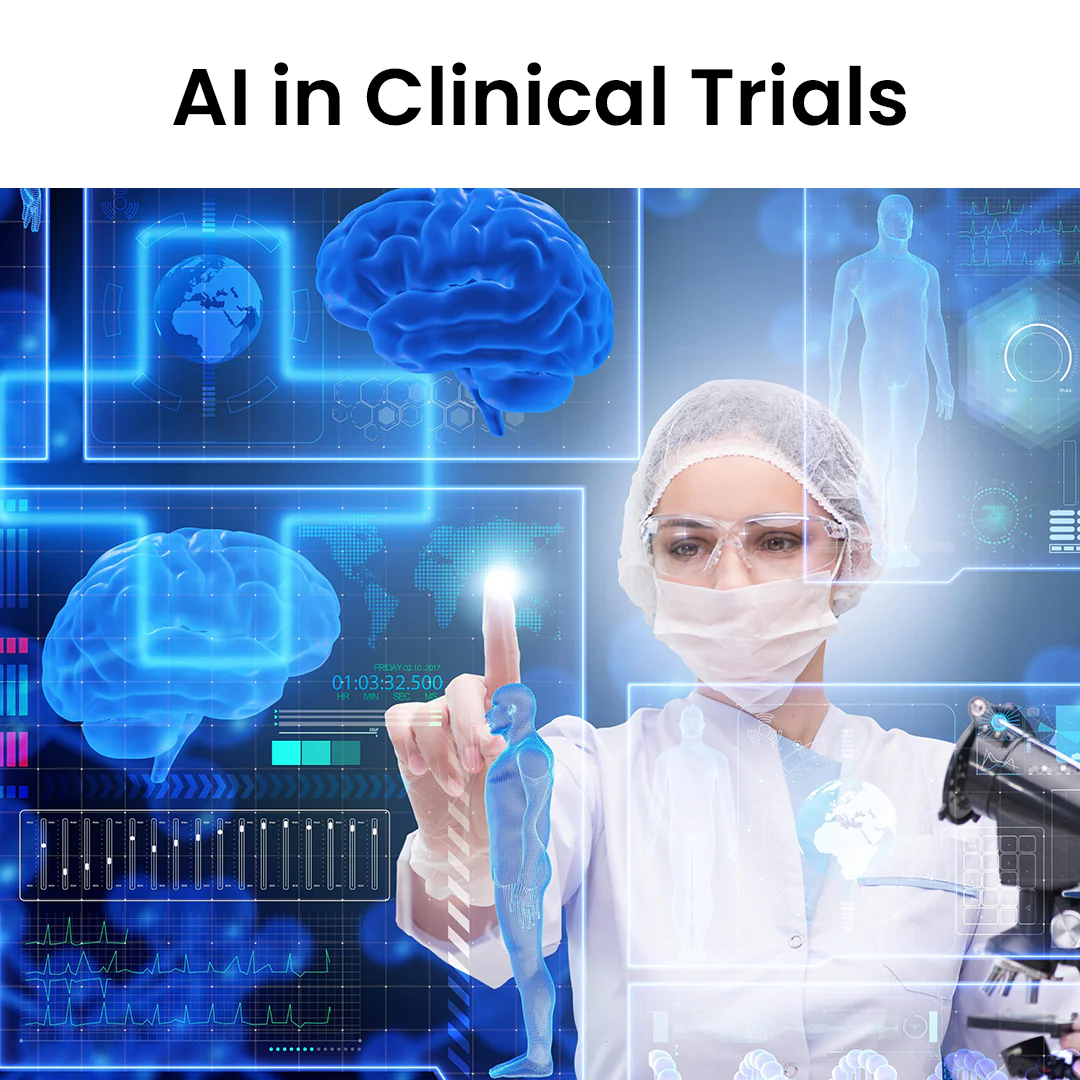
Improve Patient Retention and Engagement in Clinical Trials with Our Innovative AI Solutions

“Patient care, medical research, and clinical trial enrollment could all significantly improve due to AI’s incorporation into electronic health records (EHRs). This short communication highlights how AI may improve the recruitment process regarding speed, accuracy, and overall cancer clinical trial efficiency. AI can automate this procedure by utilizing machine learning algorithms, identifying potential trial participants quickly and precisely.”- National Centre for Biotechnology Information
Overview of AI in Clinical Trials
3.6 million data points are produced by a clinical trial on average, and this amount has significantly increased in recent years because of:
- New endpoint collection technologies,
- hybrid and decentralized clinical trials, and
- an increase in clinical trial complexity.
Because of this, most life sciences companies find it difficult to scale the conventional methods often used to gather and analyze data to prevent errors. These errors can result in significant development program delays, unforeseen expenses, and wrong study results. While many clinical trial technology companies say they have AI capabilities, they usually pass the incoming data through pre-programmed algorithms. Clinical operations and data management teams are responsible for de-identifying, organizing, and analyzing study data, with no scientific oversight or quality control.
Automation in Clinical Trials: An Evolution
Clinical trials are necessary to assess the efficacy and safety of novel medicines. But conventional trial-planning techniques are frequently expensive, error-prone, and time-consuming. The way clinical trials are carried out has undergone a paradigm change since the advent of AI. Artificial intelligence-driven solutions, speed up timelines and drastically reduce human labor by streamlining participant recruiting, data administration, and regulatory compliance. AI in clinical trials improves accuracy and efficiency by automating repetitive procedures and utilizing machine learning algorithms, which eventually leads to better patient results.
AI in Clinical Trials: Crucial Benefits
Pharma companies are looking into how AI might hasten the creation of new drugs. Clinical trials play a significant role in the development of new drugs, and using AI to automate the trial process and find trial candidates has several advantages. The main advantages of AI in clinical trials are as follows:
- Personalized Medicine: AI enables tailored treatment by identifying patient groups that respond to medications. The requirements of every patient change how well experimental medications work. AI makes this easier by finding patient populations that are a good fit based on lifestyle and genetic composition. Personalized medicine is made possible by integrating AI. By optimizing dosing and determining the best dosage amounts and frequencies based on unique patient features and medical history, AI further customizes treatment.
- More Accurate Data Analysis: AI increases data analysis’s precision and efficiency. Artificial intelligence systems can analyze past trends and forecast the toxicity of medication candidates, hence preventing unnecessary research and effort on inappropriate molecules. When sifting through many datasets, AI models are likely to find information missed by human researchers. Furthermore, compared to human interpretation, the time required to study these resources is extremely little.
- Regulatory Compliance: Regulatory bodies want an unambiguous picture of the trial’s proceedings. AI-powered technologies ensure total transparency and more seamless audits by meticulously documenting every modification made. Expediting the approval process for novel treatments benefits patients eventually by fostering trust with regulators. When AI gathers the appropriate data and formats it in a way that regulators require, it may automatically produce reports. This allows researchers to concentrate on the patients themselves, who are the ones who count.
Ensure Regulatory Compliance in Clinical Trials with Our AI-Driven Risk Management Solutions
Top 7 Applications of AI in Clinical Trials
Clinical researchers face many challenges because of the nature of their work. First, they frequently face time constraints that make it difficult for them to produce findings that advance the knowledge of novel diseases and the creation of the latest, more effective medications. Strict procedures and laws also govern their work, ensuring participant privacy and safety as well as high-quality data necessary for efficient data-driven decision-making. AI in clinical trials fills the gap between the need to follow rules and SOPs and the need to eliminate human mistakes in the race against time.
Algorithms used in AI to interpret imputed information are derived from massive data sets. An AI system, for instance, can produce a diagnosis and courses of treatment when certain symptoms are input. AI for clinical trials can be applied in the following 7 ways:
 1. Speed up Drug Development
1. Speed up Drug Development
AI is crucial to the development and release of novel, enhanced medications. There are strict regulations and a lengthy process involved in bringing new medications to the market. From the early phases of drug research until the ultimate step of approval, this is typically divided into four separate stages. It might take up to fifteen years and approximately $12 billion in the United States for an experimental drug to make it into your home medicine cabinet. Even worse, you are fighting the likelihood that the medication may be rejected in the end. This can have devastating effects when contemplating cancer. Herein lies the role of AI.
- AI merely expedites research and improves accuracy at every stage of the procedure.
- AI reduces errors and boosts productivity, which increases the likelihood that a drug will be approved and speeds up and lowers the cost of drug research.
- It also assists in figuring out the best prescription dosage schedules to ensure that a patient receives the maximum benefit from their medication.
- Artificial Intelligence has the potential to enable pharmaceutical companies to produce more pharmaceuticals at a lower cost.
2. Early Disease Detection
An estimated 100 million Americans suffer from an undetected chronic illness, accounting for 90% of the nation’s $3.7 trillion in medical expenses. No matter how hard we try, healthcare professionals just cannot supply all the acute, chronic, and preventive care that is needed; according to one study, this would require doctors to work an unachievable 26.7 hours a day. AI technology can enhance the first-rate treatment that primary care physicians provide. By supporting early disease detection, new techniques may be able to influence the course of a disease and delay, stop, or even reverse it.
As a cognitive healthcare software development solutions company, we can leverage artificial intelligence to forecast and detect disease and incorporate this information into clinical procedures. For example, you can include AI in primary care doctors’ workflow to assist in the early detection of stage 3 chronic renal disease, which can help limit the disease’s progression.
3. Modernizing Clinical Research
AI can reduce common reasons why clinical trials fail. Under-enrolling locations, for instance, may jeopardize the trial’s results’ statistical validity. There are several ways that AI can reduce this risk. Large language models (LLMs) can assess real-world data (RWD) to find qualified participants and associated sites/geolocations, such as clinic notes and electronic health records (EHRs). Artificial Intelligence has the potential to forecast both site and participant load. This information can then be utilized to drive protocol design modifications that enhance trial participation and raise the probability that site staff will prioritize the trial above other tasks.
By offering individualized reminders, instructive materials, and support via chatbots and mobile apps, AI-driven insights can help identify at-risk participants and increase retention rates, hence reducing dropout rates. These resources support participants in adhering to the protocol by keeping them informed and motivated. Using this kind of multi-pronged approach can increase the chances of a clinical trial being successful.
4. Patient Recruitment
By using data-driven methods to find and connect qualified patients with clinical trials quickly, AI-powered systems are transforming this process. For example, to determine the best fit for a certain study, predictive modeling algorithms consider a patient’s symptoms, medical history, location, and provider capacity.
AI systems can quickly evaluate structured and unstructured data, including ICD code prescriptions and diagnostic reports, by mining large datasets from EHRs and provider databases. This shortens waiting periods from weeks to days by speeding up the patient-matching process.
5. RPM Clinical Data Capturing
Outside of conventional clinical settings, remote patient monitoring has become a potent tool for gathering real-time data on patient behavior and health. Remote patient monitoring software development solutions use wearable technology and biometric sensors to track disease symptoms, medication compliance, and patient vital signs. Real-time transmission of this data to healthcare providers enables early adverse event detection and prompt response. This streaming data can be analyzed by AI systems to find trends, patterns, and predicted insights that help guide clinical decision-making.
Rich, real-world clinical data are captured by this method, which improves knowledge of patient outcomes, treatment efficacy, and disease progression and eventually leads to more informed judgments about new medication development.
6. Personalized Medicine & Biomarker Discovery
Personalized medicine projects are aided by AI and data analytics, which facilitate the identification and verification of new biomarkers. Through examining extensive omics data, encompassing proteomics, metabolomics, and genomes, artificial intelligence algorithms can detect minute molecular markers linked to illness manifestations and therapeutic outcomes.
These discoveries aid in creating biomarker-based diagnostic tests that allow for more accurate patient categorization and tailored therapy suggestions.
7. Transforming Clinical Trial Imaging
Consider the clinical trial imaging workflow, step-by-step, and the duration of time required to finish each manual operation. The number of image uploads is one million, therefore multiply it by that. Now consider that 95% of all oncology trials and more than 50% of clinical trials make use of medical imaging. AI is essential for efficiently handling and processing data at such high volumes and complexity levels.
With a three-step process, AI in clinical trials demonstrates how pipeline data science, pipelining, and advanced analytics are brought together: reading and processing data (clinical images and video from various sources and formats), developing and applying machine learning models, and implementing and operationalizing (automated QA, diagnostics, and reporting). All these steps work together to collect, clean, and ready data for modeling. Protocols are then performed to carry out the required evaluation.
Reduce Trial Timelines and Costs Using Our AI-Driven Solutions for Faster Drug Development
How is AI in Clinical Trials Increasing the Patient Process?
Patients can find it difficult to navigate the complexities of clinical trials, which can lead to a high rate of dropouts and impose a heavy financial burden on sponsors, who already bear heavy costs. However innovative AI technology is starting to emerge to help sites create more patient-friendly environments, which will enhance patient experience and trial transparency. Using AI in clinical trial settings isn’t being innovative; it’s also about improving accessibility, personalization, and transparency along the way, enabling patients and healthcare professionals to collaborate in this crucial process. This tool helps staff allay patients’ fears and uncertainties about clinical trials by acting as a digital friend to both sites and patients.
AI is quickly changing healthcare in every way. AI is being used to improve clinical trial outcomes and speed up the development of life-saving medications because of its capacity to increase productivity, improve patient experiences, and uncover vital insights.
Wrapping Up
The future of clinical trials is being reshaped by AI, emphasizing patient-centric and precision medicine approaches. AI solutions are revolutionizing patient identification using digital biomarkers, optimizing trial management, and accelerating drug development through the integration of data from electronic medical records and real-world evidence (RWE). These advancements, fostered by collaborations between pharmaceutical innovators and tech companies, are making clinical trials more patient-friendly, efficient, and productive.
As a cognitive healthcare software development solutions company, NextGen Invent leverages AI to transform clinical trials. We help businesses stay at the forefront of clinical research, delivering innovative medical solutions and maintaining competitiveness. Contact us today to discover how our AI-driven solutions can revolutionize your clinical trials and drive meaningful outcomes.
Frequently Asked Questions About AI in Clinical Trials
Related Blogs
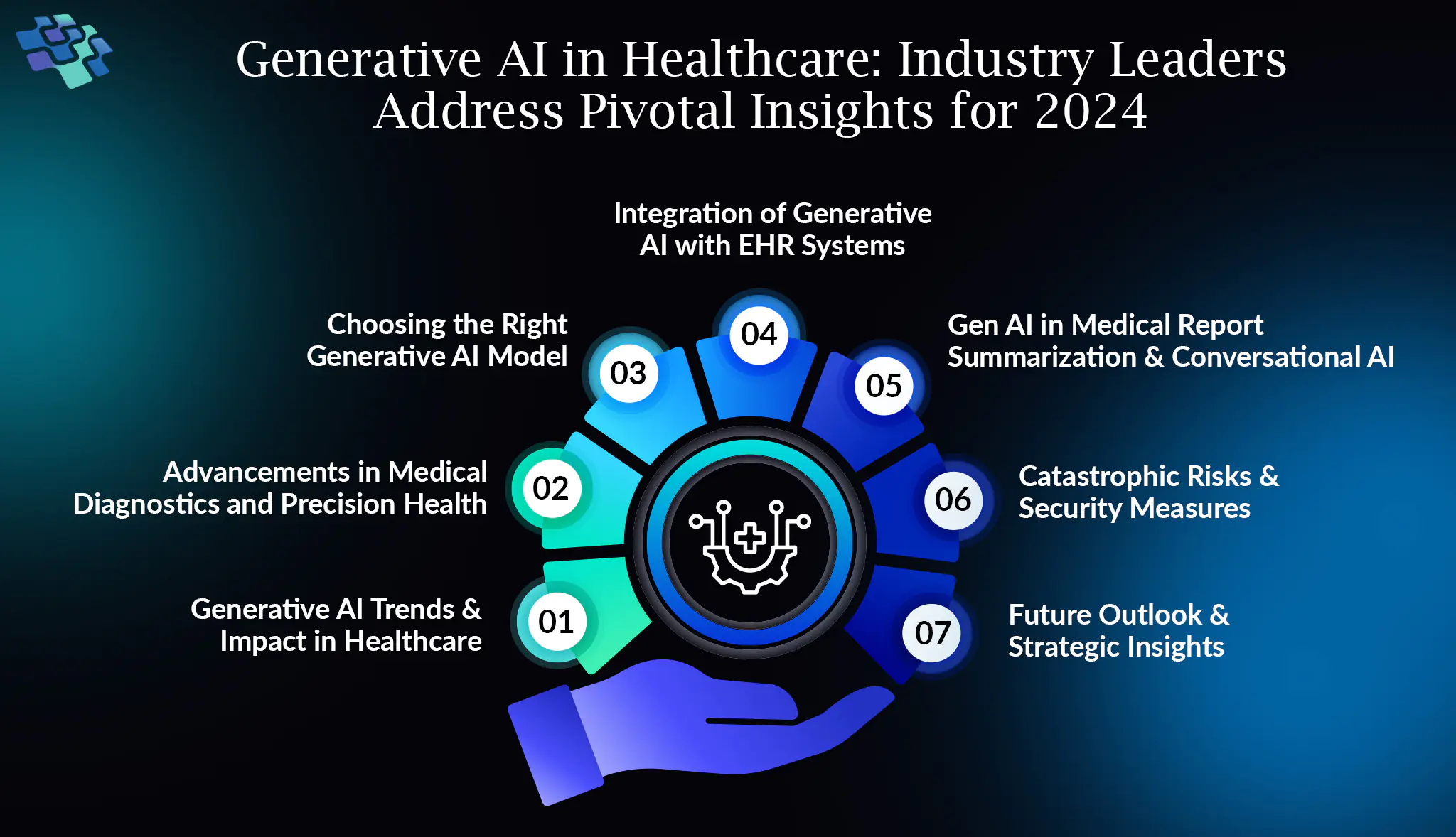
Generative AI in Healthcare: Reshaping Health Dynamics
Deepak Mittal, CEO and Founder of NextGen Invent, and Partha Anbil, Advisor at NextGen Invent, conducted an insightful interview on the transformative impact of Generative AI in healthcare for 2024.
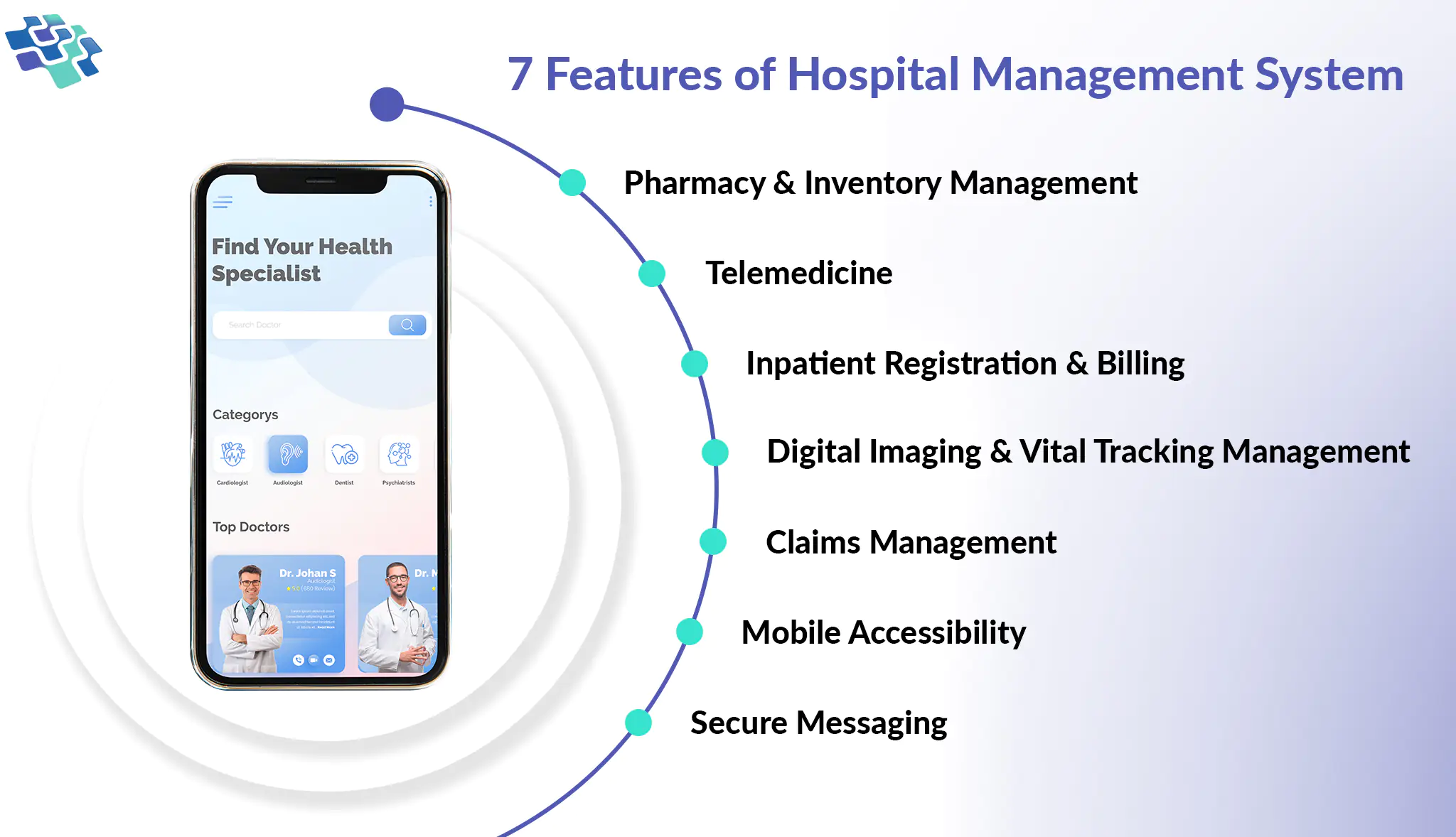
Top 7 Features and Benefits of HMS
Recent times have seen tremendous advancements in technology. One major advantage of technology in healthcare is that it can improve people’s quality of life. Additionally, it effectively enhances patient health while lessening the workload of hospital staff.
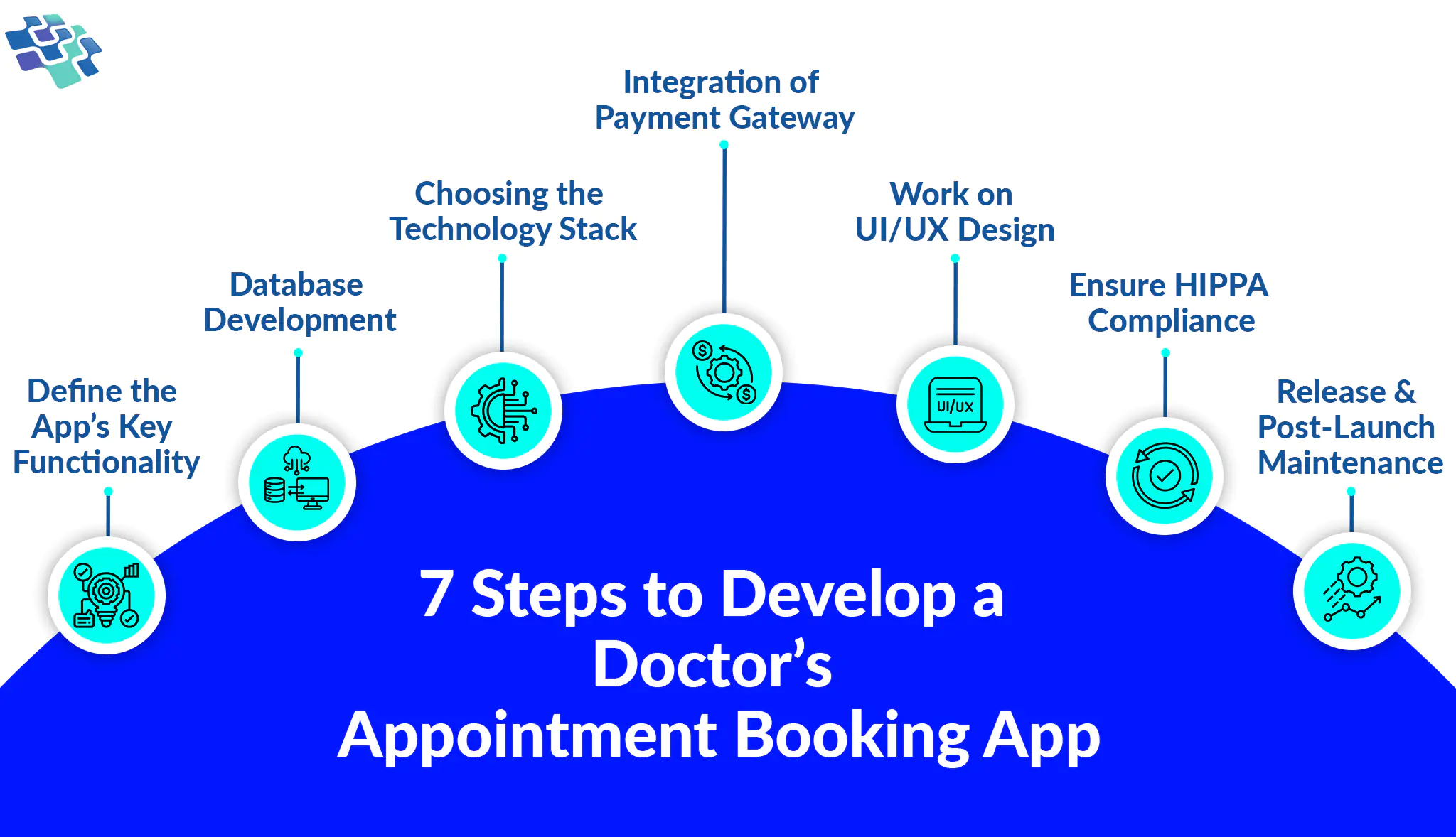
How to Develop a Doctor Appointment App in 2024?
When trying to make an appointment for a medical visit, have you ever found that you have to wait weeks for the next open time slot? Everyone has experienced that. Mobile apps, however, have completely changed how we make appointments...
Stay In the Know
Get Latest updates and industry insights every month.
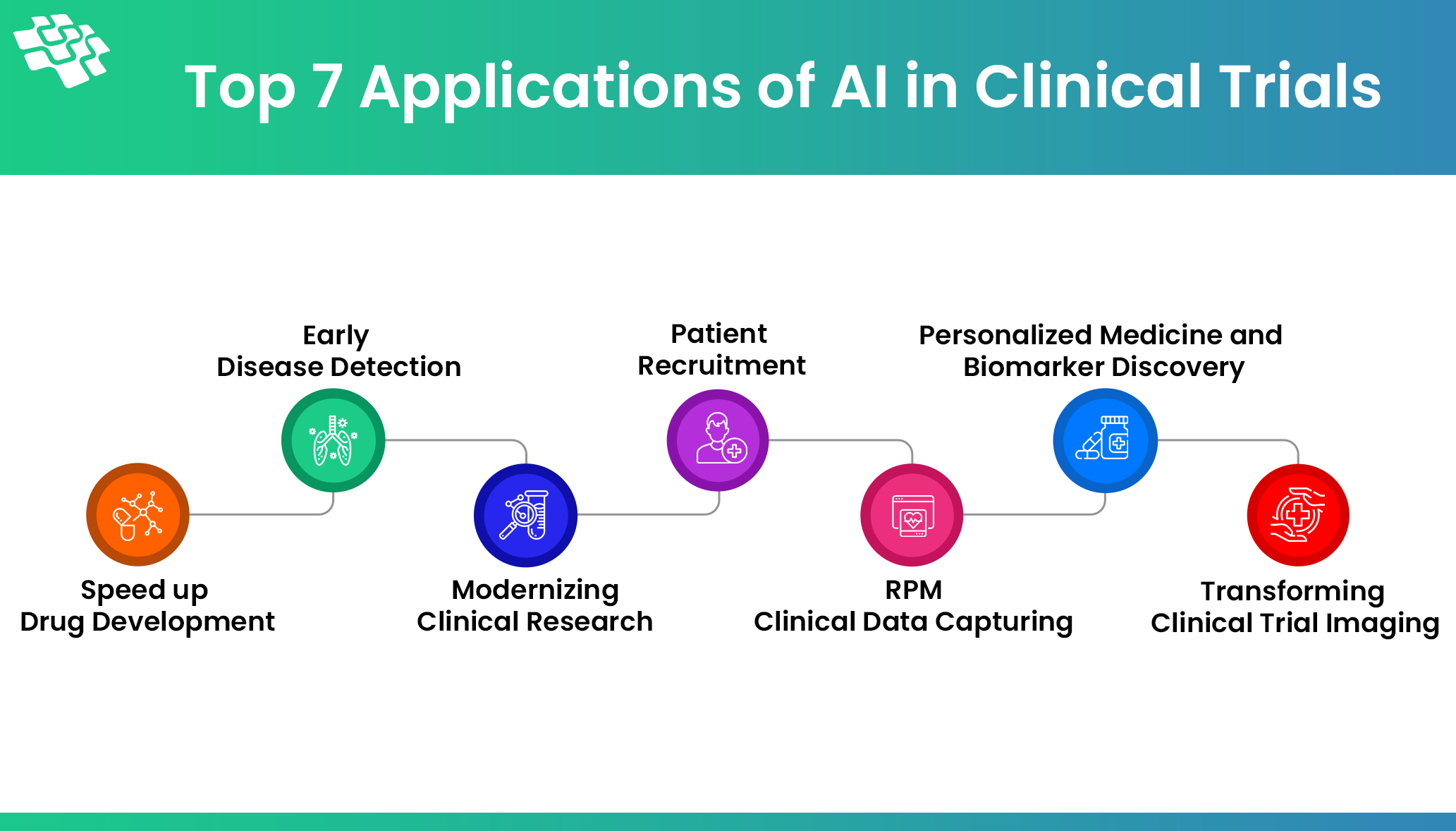 1. Speed up Drug Development
1. Speed up Drug Development